Linguist and newspaper columnist, Sevan Nişanyan has found himself being locked up for 16 years after being subjected to a torrent of lawsuits relating to a mathematics village he was building
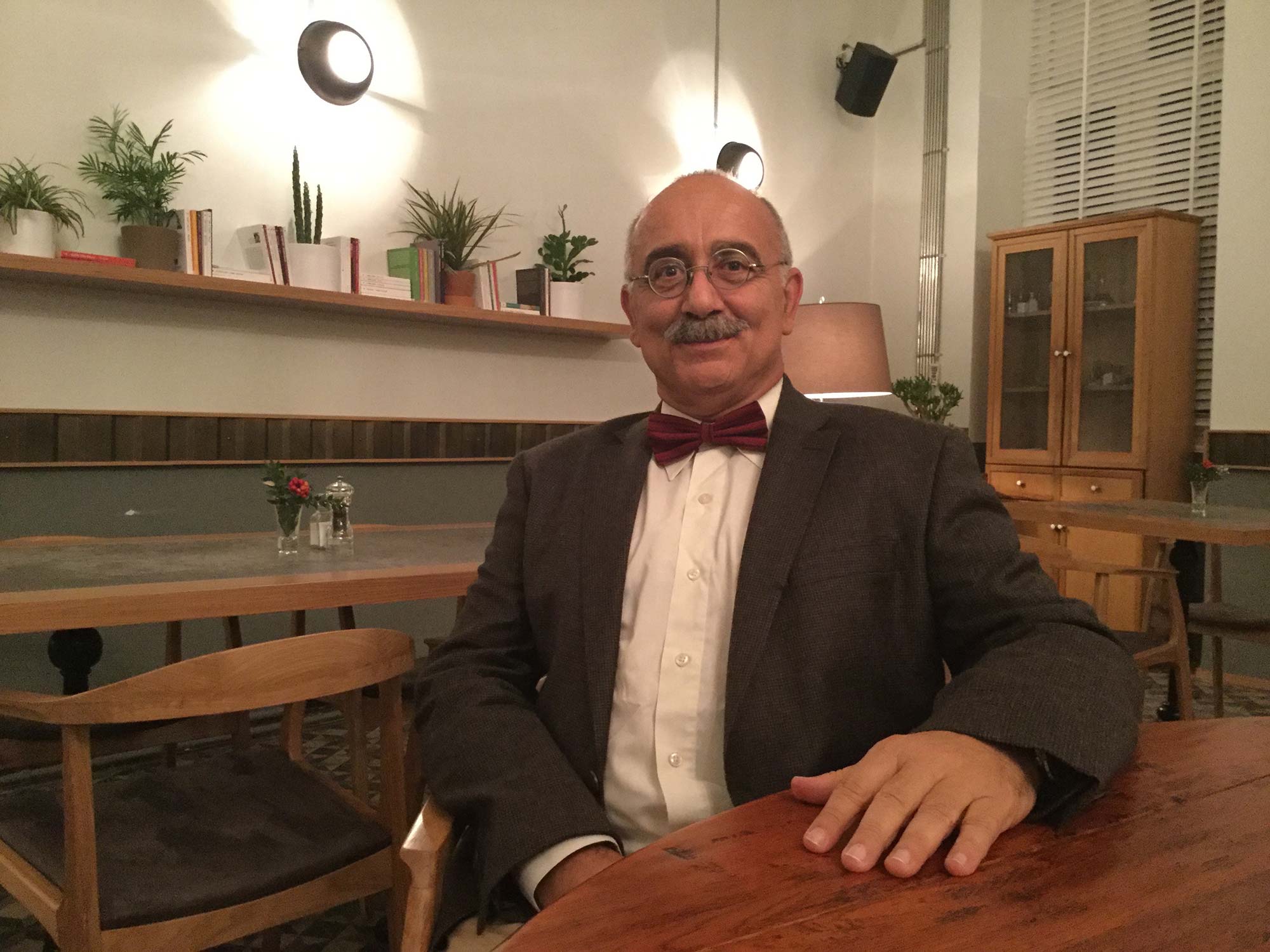

Linguist and newspaper columnist, Sevan Nişanyan has found himself being locked up for 16 years after being subjected to a torrent of lawsuits relating to a mathematics village he was building
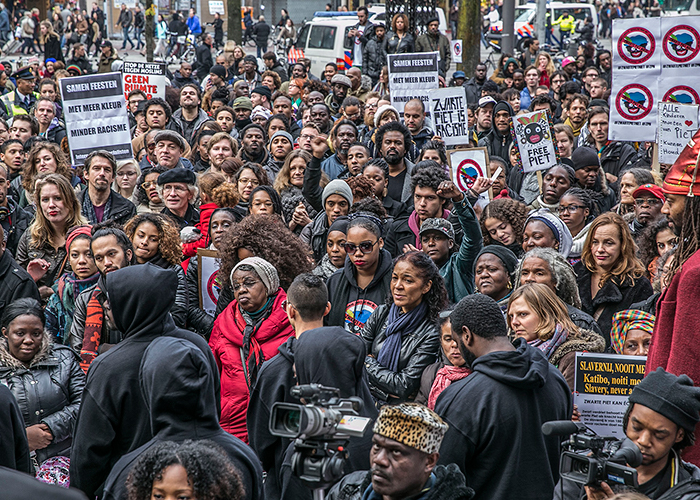
Journalists and columnists in The Netherlands are dealing with threats when writing about the controversial black-faced children’s character Black Pete.
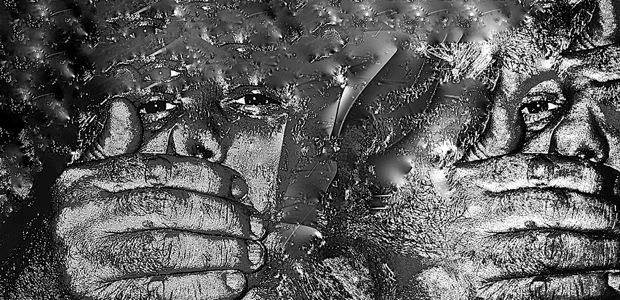
A poem by Meltem Arikan on the current state of Turkey: The piece of land surrounded by water on three sides is turning into a country where blood-sucking spirits conquer people’s bodies

Index on Censorship’s Mapping Media Freedom project verifies threats, violations and limitations faced by the media throughout the Europe. Here are five recent reports that give us cause for concern.
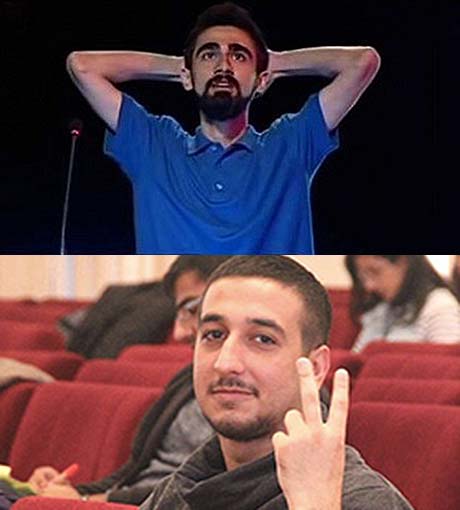
The government of Azerbaijan is carrying out a multi-pronged attack on freedom of expression.
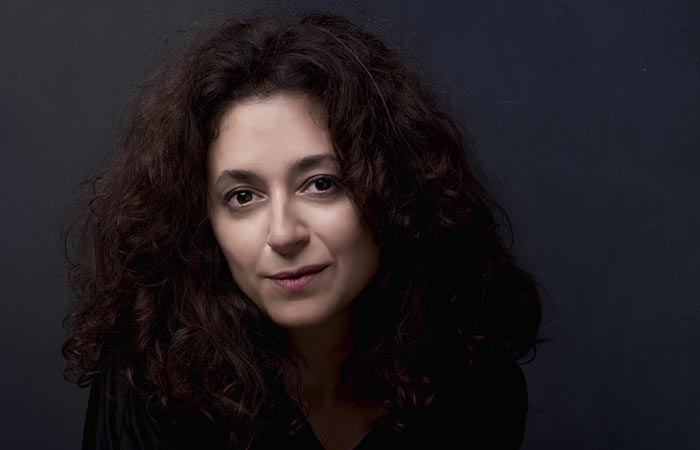
The women around me are more alert to the Turkey’s situation than the men are. The comfortable male universe is full of denial.
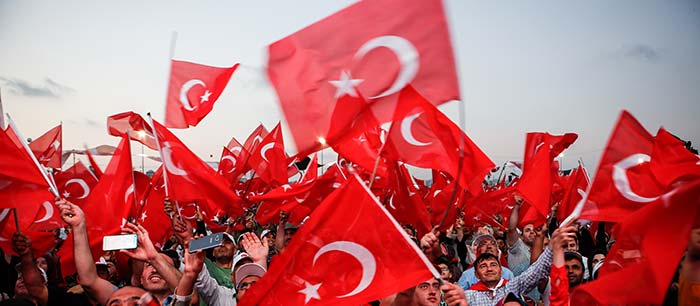
My gut tells me that this time Turkey’s turmoil may turn out to be long-lasting and leave a more harmful imprint on the nation’s soul.

Besides the difficulty in determining truth from opinion to a bald-faced lie, the inherent limiting of ideas, including criminalising them, makes us all suffer a little bit.
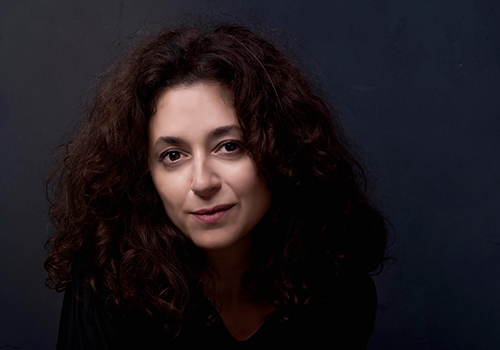
Author Ece Temelkuran brings Index up to date about the latest developments in Turkey.

[vc_row][vc_column][vc_column_text]Originally published on The Telegraph letters page SIR – We wish to highlight concerns with “information sharing” provisions in the Digital Economy Bill. The Bill puts government ministers in control of citizens’...